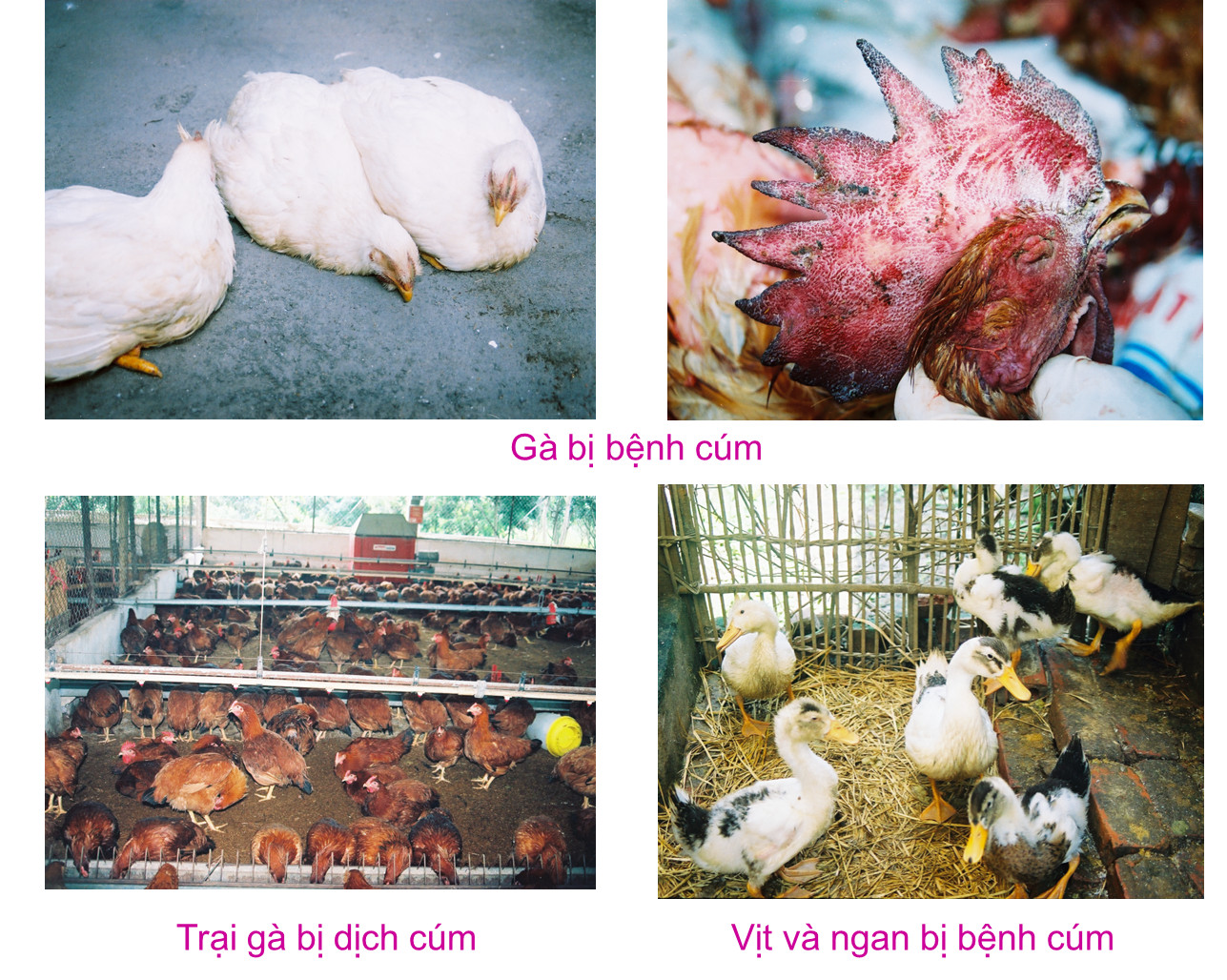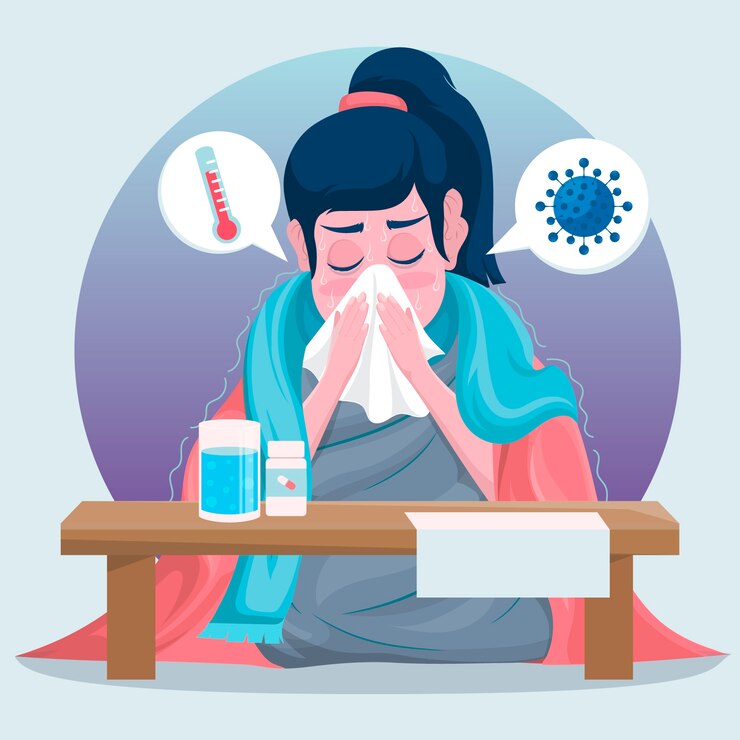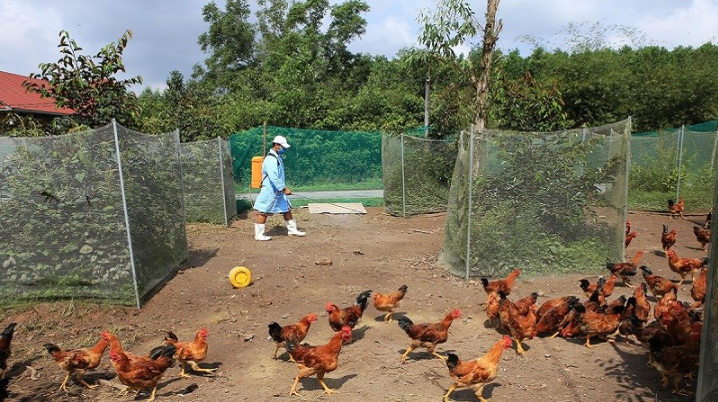Avian influenza (H5N1) is an infectious disease caused by a virus. Infected people will suffer respiratory-related symptoms. If not treated promptly, it can lead to serious and life-threatening complications. Therefore, you need to know the following information to learn about avian influenza (H5N1) and take preventive measures to protect yourself:
Why do we get H5N1 bird flu?
Influenza A viruses of the H5N1 and H7N9 strains are common causes of illness in humans. The highly contagious H5N1 flu develops into an epidemic by humans coming into contact with infected poultry or by eating poultry products that are not thoroughly cooked.

Birds have the flu
- Airborne transmission: The virus can be transmitted through the air (e.g. respiratory droplets from infected birds or inhalation of air containing dust from poultry droppings).
Symptoms of H5N1 bird flu through stages:
Typical symptoms of bird flu are similar to regular flu (cough, fever, runny nose, sneezing, headache, fatigue, watery eyes, hot and dry skin, etc.). However, the difference with bird flu is that the signs of respiratory failure are more obvious, depending on the stage of the disease as follows:
- Incubation period: Lasts 2 to 5 days after the patient is exposed to pathogens through slaughtering, raising animals, etc. During this time, the virus has penetrated into the body and has not yet appeared. obvious signs.
- Onset phase: The first symptoms appear as:
- Patients may have a continuous high fever above 38 degrees Celsius.
- Chills, fatigue.
- Feeling headaches and body aches.
- Chest pain, difficulty breathing, rapid heartbeat.
- Sore throat, cough, often dry.
- Full-blown stage: rapidly progresses to serious complications such as pneumonia, acute respiratory failure, etc.

Symptoms of bird flu
Prevent bird flu for yourself and the community:
- Choose healthy poultry breeds: Only choose to buy poultry from good breeding facilities, ensuring a clear and healthy origin. Poultry imported from foreign provinces must be quarantined and have a Quarantine Certificate. Newly purchased poultry must be kept separately, away from the poultry flock being raised for 10 days for monitoring. If there are no unusual symptoms, then they will be released into the same family flock.
- Regularly clean the environment such as disinfecting infected poultry barns, spraying chloramine B around housing areas, even in each family.
- Limit contact with disease sources: must wear protective equipment including masks, gowns, gloves, hats… manufactured according to technical standards to ensure prevention of virus penetration.
- Families in epidemic areas or with relatives infected with bird flu also need to clean their homes. Patient items must be soaked in disinfectant solution for 20 minutes , then washed and dried.

Clean the livestock environment regularly
SUMMARY:
H5N1 bird flu is dangerous for yourself and everyone around you if there is no timely solution to prevent it. Therefore, as soon as there are signs of suspected onset of the disease, you should go to the nearest doctor for timely treatment.


